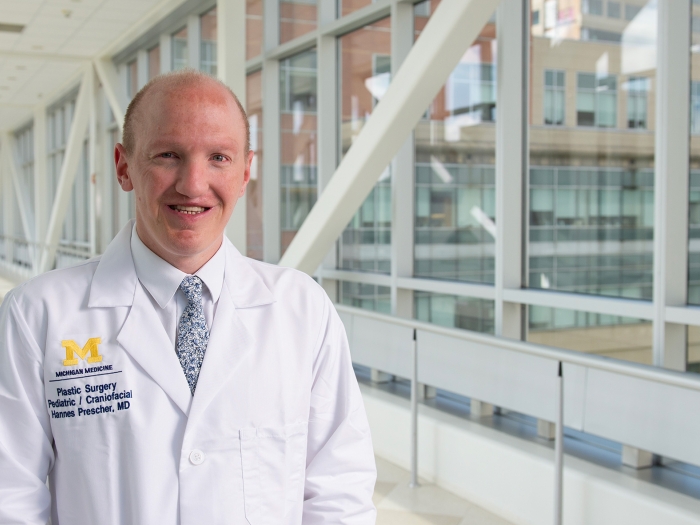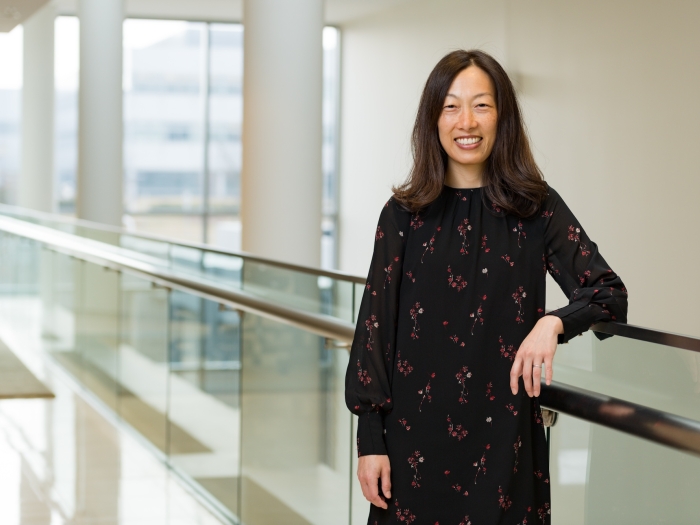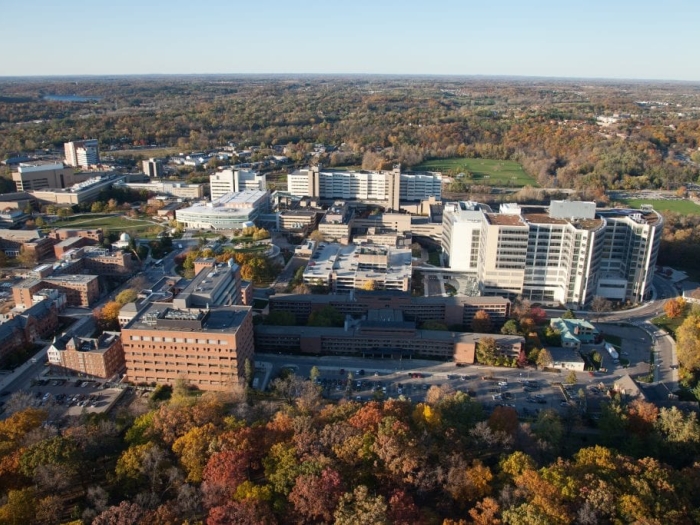
As plastic surgery researchers at the U-M Medical School Section of Plastic Surgery, we seek not just to advance knowledge but to translate what we discover into life-changing solutions for our patients.
Our research efforts include: development of prosthetic limbs that allow patients to control a device through nerve signals; studying patient outcomes following mastectomy reconstruction; and understanding the biology of bone in order to enhance healing.
We’re interested in setting the standard for what’s new and novel in the field of plastic surgery, from developing the first prosthetic hand controlled by a patient’s own muscles to defining regenerative medicine techniques to treat heterotopic ossification.
With the deep resources of the U-M Medical School research infrastructure, our research efforts are well-supported. This support for research extends to our culture, where faculty and residents have devoted time to pursue a wide range of research projects across basic and translational science and health outcomes.
We seek to translate discoveries on the structure and function of bone into the restoration and regeneration of the craniofacial skeleton in patients born with congenital anomalies or injured by disease or trauma. Current areas of investigation include: endogenous tissue engineering; pharmaco-therapeutics; and mechano-transduction.
As specialists in hand surgery, we study a wide range of hand disorders through our clinical and outcomes research. Methodologies include decision analyses, large database studies, and clinical trials. Our recent projects include: a collaborative cohort study to evaluate patients with traumatic finger amputations; a study comparing three surgical modalities for the treatment of displaced distal radius fractures; an evaluation of outcomes for patients treated for severe hand deformities caused by rheumatoid arthritis.
We participate in a range of programs to study and improve surgical and health outcomes for patients, including in breast reconstruction, quality of life for breast cancer patients, and through the statewide Michigan Surgical Quality Collaborative (MSQC).
As we train the next generation of plastic surgeons, we’re also developing new ways of teaching and evaluating surgical learning. Medical education efforts include the use of image analysis to measure surgical performance, and instruction in medical ethics and medical decision-making.
We’re studying bone and nerve biology in order to enhance healing, to counteract the effects of skeletal muscle mechanical dysfunction, and to develop novel prostheses controlled by a patient’s own body. Current interests include: peripheral nerve injury and nerve regeneration; skeletal muscle tissue engineering; and the biological mechanisms of hernia.
Your contribution helps us research medical breakthroughs, make medicine more inclusive and train the next generation of surgical leaders.




